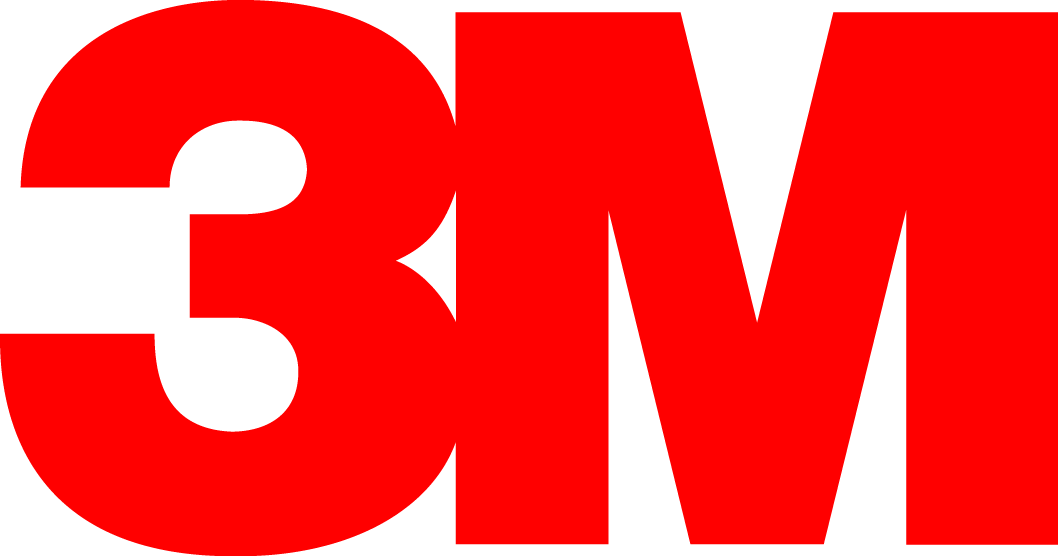How 3Mers Created a Safe Space for Honest Discussions About Race at Work
Originally published on 3M News Center
When Charlene Vance, a customer operations leader for the Transportation and Electronics Business Group, started working in corporate America 20 years ago, she had a strict personal rule to not talk about race, politics or religion at work. In 2020, after the killing of George Floyd, that changed.
“I could not afford to stay silent anymore,” said Vance. “I have two beautiful daughters and we want to do it for them and the next generation coming up.”
Immediately after Floyd’s death, 3M hosted a town hall meeting led by CEO Mike Roman, 3M’s Chief Diversity Officer Ann Anaya and leaders from 3M’s Employee Resource Networks. More than 6,000 employees tuned in. To Vance and others, it was clear people were looking for a forum and a space to have discussions about race and racism -- more so than ever before. This was just one of the many ways 3M chose to respond to the growing call for action.
Erika Brant, diversity and inclusion director, and Vance worked with an external consultant, Management Leadership for Tomorrow, to create the racial inclusion advocacy program. The effort aims to help facilitate conversations with small teams of employees around the company to talk about race, racism and its impact in the workplace. The discussions are not only creating a space for tough conversations, they are also helping employees discover how they can contribute to, and advocate for, a more inclusive environment for everyone. “I think it’s really important for people to feel that they can bring their authentic self to the workplace, so that they feel comfortable and safe enough to contribute in the best way possible,” Brant said.
CEO Mike Roman wants people to know that transparency and accountability are hallmarks of 3M. In the first-ever Global Diversity, Equity & Inclusion Report published in February 2021, Roman said “we know we have work to do and our commitment to transparency is a critical part of the journey ahead.”
One of the first steps of that journey was to listen and to understand before jumping into action. “It really starts with creating a safe space for people to feel that they can bring their stories forward and listen to and hear each other,” shared Brant.
Through these racial inclusion advocacy conversations, employees shared their experiences and had an open dialogue with one another.
“I have been really inspired by the authenticity of the discussions, the willingness of people who may not know each other very well or at all to shed tears in front of each other and share very personal stories,” Brant said. “I think there’s a genuine willingness of people to want to learn and want to understand how they can help and support and advocate for others.”
The goal was not only to start a dialogue, but to help create psychological safety for employees at work.
“We were having conversations that we’ve never had before,” Vance said. “The dialogues that we’ve had in these racial inclusion advocacy sessions are creating a fluency. It’s creating this skill. It’s creating bravery and courage in different ways where people now say ‘hey, I want to be part of making sure that when I see something wrong, I say something and now that I know better, I will do better.’”
Employees shared overwhelmingly positive feedback for having the space to share their experiences. It gave them the tools to take steps forward to have discussions with others at home, with friends and at 3M. These conversations continue across the U.S. among 3Mers, totaling more than 180 sessions and 3,000 employees. Currently, 3M is piloting a program outside the U.S. called Global Inclusion Advocacy to be tailored to different countries, but with a similar goal of inclusion in mind.
In thinking about the future and where to go from here, Vance shared this piece of advice:
“It’s important for us to focus on keeping people accountable. So, in corporate America, for your company, don’t let it slip. Continue to bring your voice to the table, continue to help your mentors and your sponsors bring their voices to the table and then continue to keep some kind of healthy tension in any system. The dialogue starts with one person. It’s activated and then it takes many people to keep it going.”
Learn more about the actions 3M is taking for a more equitable workplace and community

